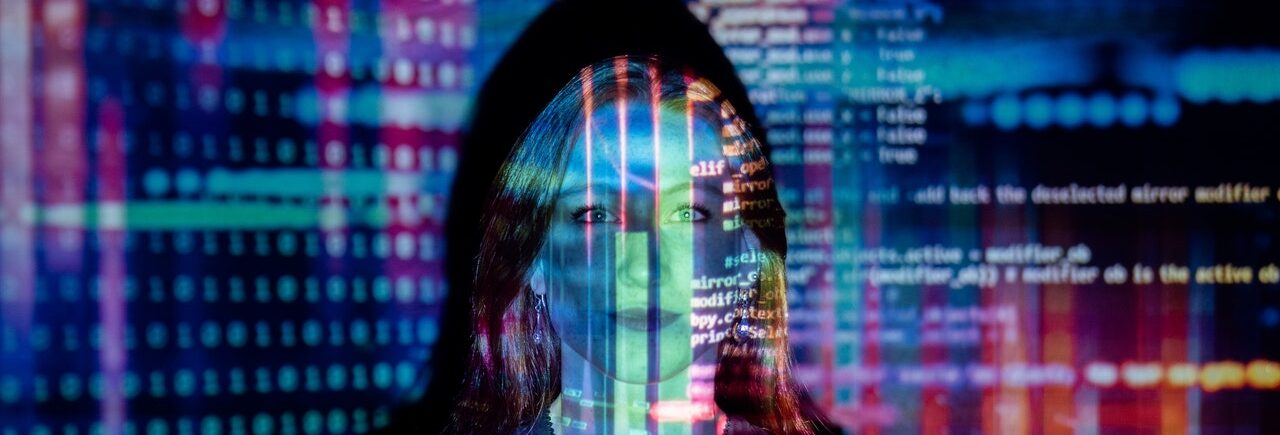Published on JD Supra on May 16, 2019

On May 14, 2019, the San Francisco Board of Supervisors voted 8-1 to approve a proposal that will ban all city agencies, including law enforcement entities, from using facial recognition technologies in the performance of their duties. San Francisco is the first major city to make such a move, even though debates recently have ramped up regarding the use of facial recognition technologies and whether and to what extent those technologies should be regulated.
Supervisor Aaron Peskin led the proposal, called the Stop Secret Surveillance Ordinance (“Ordinance”). Peskin was quoted as saying the Ordinance “is not an anti-technology policy,” rather it is “an ordinance about having accountability around surveillance technology.” The sole dissenter felt that the Ordinance failed to adequately address concerns regarding public safety.
The Ordinance remains subject to vote at a second meeting, currently slated for May 21, and approval by the City Mayor. If approved, the Ordinance would become effective 30 days after the Mayor’s approval or the Board of Supervisors’ override of any veto.
Pursuant to the Ordinance, city agencies must prepare a surveillance policy, including an impact report, before implementing any new surveillance technologies. The surveillance policy must identify the purpose, proposed deployments and related costs (both financial and in terms of infringement of personal rights) of using the technology. Each surveillance policy is subject to review and approval by the Board of Supervisors after a public hearing. For the surveillance policy to be approved, the related impact report must show that the overall benefits obtained by use of the surveillance technology outweigh the financial and civil liberties costs and that there is no disparate impact on any specific group or community. Expedited reviews may be obtained by the Sheriff or District Attorney if the use of a surveillance technology is required for investigative or prosecutorial functions, and the temporary and short term use of unapproved surveillance technologies may be permitted in exigent circumstances such as imminent danger of death or serious physical injury.
Even currently deployed technologies must be assessed within 120 days of the Ordinance’s effective date. Further, city agencies may be subject to annual audits of their compliance with approved surveillance policies and must prepare an annual report on existing technologies designed to assess the seriousness of public complaints about the technology, weigh those complaints and any resulting infringement of rights against the benefits obtained in the use of the technologies, and then evaluate that against the financial and resource outlay in employing the technologies.
Pekin’s comments and the proposed public oversight mechanisms embodied in the Ordinance reflect recent concerns raised by civil liberties activists and experts in the field about the rise of the surveillance state. While the technologies can be useful, there are concerns that the widespread use of the technology infringes on basic human rights such as privacy and freedom of expression. Critics also cite studies indicating that facial recognition technologies have alarming error rates and may reflect biases in application, especially for people of color. Even Microsoft, who creates and provides many technologies using the technology, as early as July 2018 called on Congress to create and enforce some regulations on the use of the technology.
A stated purpose of the Ordinance is to ensure “safeguards, including robust transparency, oversight, and accountability measures” are in place “before any surveillance technology is deployed.” As the first major city to take such a step, San Francisco is solidifying California’s place as a leader in the development of protections and regulations in the technology space and in particular in the regulation of personal privacy and data protection in connection with the use of technology.